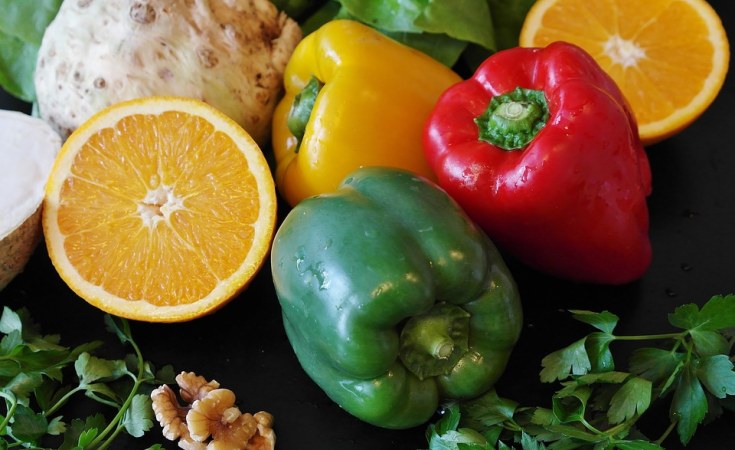NAMIBIAN government officials have called the recent claim that Namibia and Botswana should remove the import ban on some quota of fresh produce from South Africa an emotional one, and unbalanced. This includes agriculture minister Calle Schlettwein, who said South Africa also has import bans that no one has called on to revoke.
This comes after South African farmers, through their representative organisation SA Agri, wrote to their agriculture and trade ministers Thoko Didiza and Ebrahim Patel to claim that Namibia and Botswana were violating the Southern African Customs Union (Sacu) agreement by imposing import bans on certain fresh produce.
The two countries started banning the importation of several fruits and vegetables in an attempt to protect and help local producers get access to markets, as well as achieve food security.
Schlettwein said the reason why Namibia has an import ban is to promote self-sufficiency.
"We have the desire to become food self-sufficient, as a result of what we learnt during the Covid-19 crisis. We need to incentivise that to make sure there is a market for those who produce here," he said.
He added that South Africa does that too in many other cases, for example sugar, to protect that industry. According to the communication, Agri SA said Namibia and Botswana's bans are against existing trade agreements.
Fresh produce such as tomatoes, carrots, beetroot, potatoes, cabbage, lettuce, garlic, onions, chilli peppers, butternut, watermelons, sweet peppers, maize and fresh herbs have over time featured on the list of banned produce, allowing the local markets in the two countries to shoot up exponentially.
Agri SA said since Botswana, Eswatini, Lesotho, Namibia (BELN) and South Africa form Sacu, they are bound to the agreement and are supposed to have a common external trade border with a free flow of goods within the union. Trade and industry ministry deputy executive director Michael Humavindu said Agri SA was acting on emotion. He, however, indicated that communication and response from the SA government is pending. "Even in the Sacu agreement, sectors like agriculture are highlighted for development in the weaker economies," he said.
Namibian Agronomic Board (NAB) spokesperson Auguste Fabian said the current restrictions on certain agronomic and horticultural crops are not against the Sacu agreement, as it also makes provision for the protection of infant industries such as those in Namibia.
"The mechanisms facilitated by the NAB for open and close border periods for certain primary agronomic and horticultural products are part of the agenda to develop the crop industry and protect our local farmers from cheap imports," she said.
It is still not clear what Botswana's position will be, however, Fabian said South Africa should be considerate.
"Namibia currently imports almost 100% of farming inputs from South Africa, which means, South African farmers have a production cost advantage of almost 25% compared to Namibian farmers due to high input costs in Namibia," she said.


